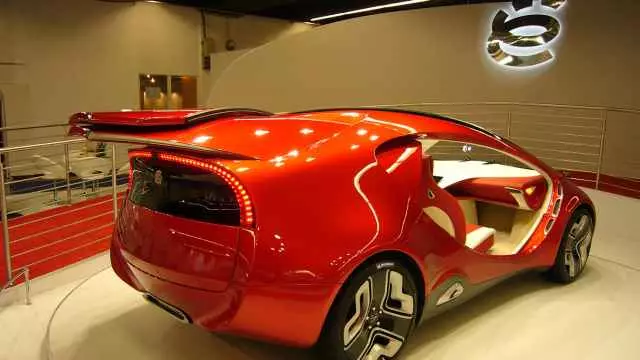
In Sberbank, the team and skills "E-Engineering" intend to work on the "e-mobile", for the development of its own platforms for autonomous means of movement, unmanned cars and technologies Sberautotech, writes Kommersant with reference to sources in the bank.
PJSC "Sberbank" through the "Digital Assets" LLC acquired 100% of LLC E-Engineering in the Belarusian "Keiji", reports Kommersant with reference to the data of Spark Interfax. The amount of the transaction is not reported.
Earlier in Sberautotech moved a part of the team from Yandex, which was responsible for creating an ecosystem for cars. At the end of last year, the company launched in Moscow testing the first series of drone drones on the basis of KIA CEED.
The "E-engineering" team worked in 2010, under the leadership of the owner and chief designer Andrei Ginzburg, over the Russian hybrid car "E-Mobile". The Belarusian company retained patents on a hybrid power unit, in particular to the "supercapacitor".
The Belarusian company in 2017 also took part in the work on the electric car based on Geely. Then reported only about creating a power plant. Previously, "E-Engineering" was not seen in the development of autonomous technologies or drones, Kommersant writes.
Experts surveyed by the edition of Kommersant doubt the effectiveness of the experience of "E-Engineering" to create unmanned Sberbank cars.
Sergey Delov from Avtostat believes that "E-Mobile" was a good marketing move, and to create a car, as the experience of even successful projects from China shows, experienced engineers from major concerns are needed, Kommersant writes.
For the first time, Mikhail Prokhorov stated "E-Mobile" in 2010. Investments in an innovative project then were estimated at 150 million euros. However, after a repeated breakdown of its implementation of its implementation in 2014, the Group Onexim Mikhail Prokhorov refused the project. Among the causes of the failure of "E-Mobile" was called a sharp increase in expenditures. Market participants and experts poorly believed in the project, calling it image.
